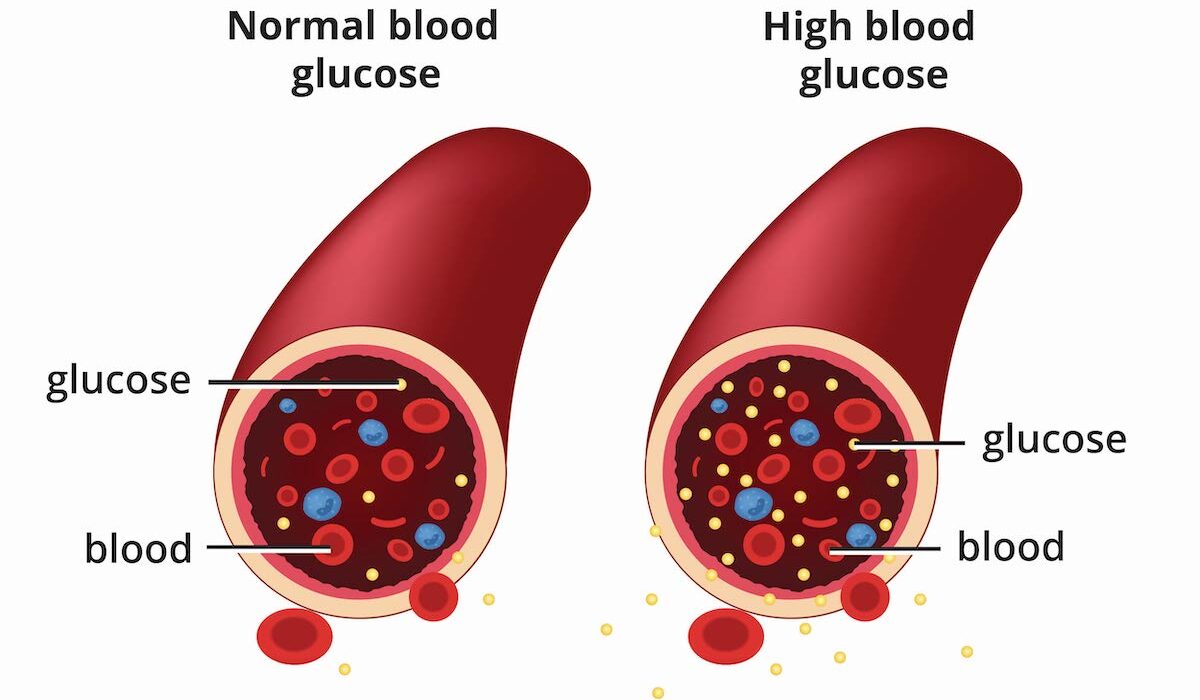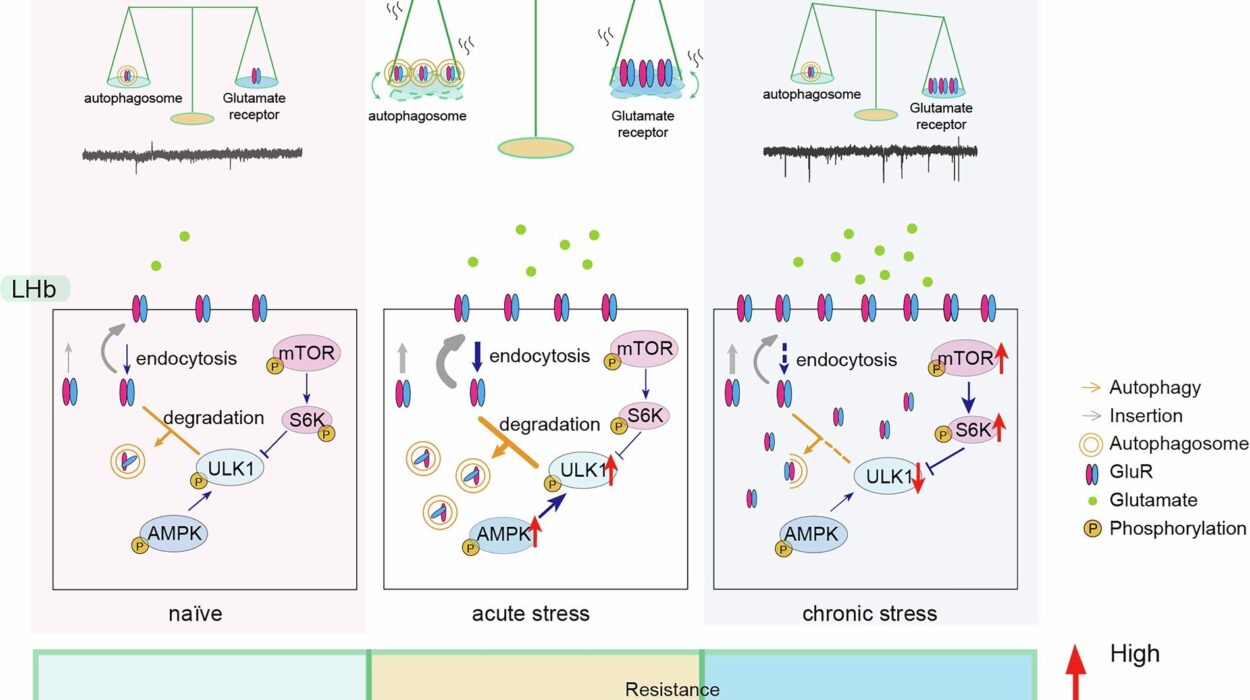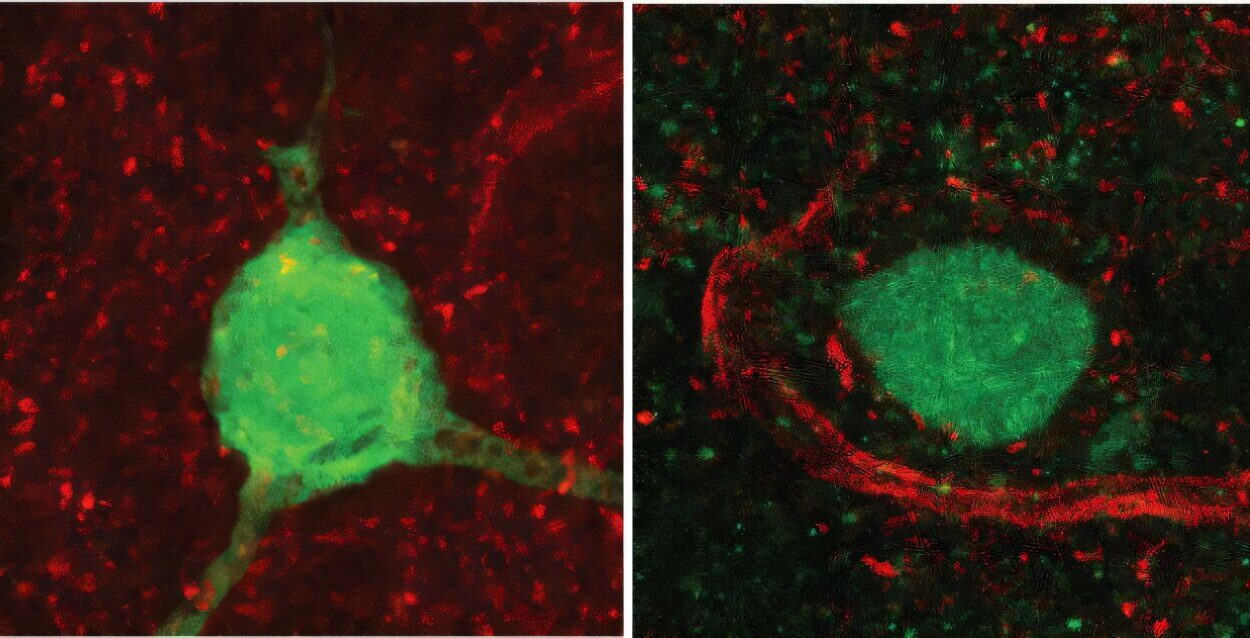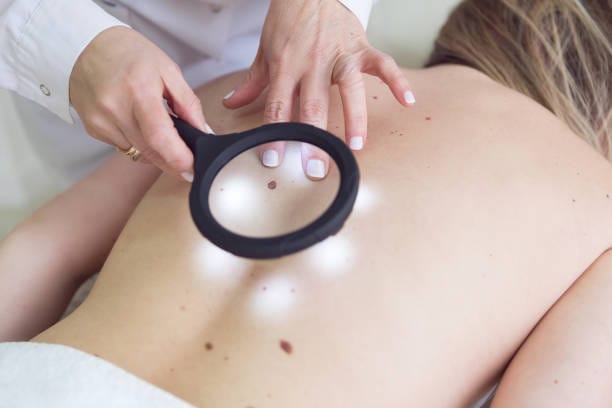Adolescence is a time of profound transformation. Between the ages of 10 and 19, young people navigate a whirlwind of physical, emotional, and cognitive changes that shape the adults they will become. From the awkward tremors of puberty to the exhilarating pursuit of identity and autonomy, this phase lays the foundation for habits, behaviors, and attitudes that can last a lifetime.
Among these behaviors, sexual activity looms large—not just because of its emotional and physical intensity, but because of the potential consequences it brings. While exploring intimacy can be a healthy and essential part of development, it also carries risks, especially when not approached with care. Unintended pregnancies and sexually transmitted infections (STIs) are among the most pressing concerns in adolescent health, and one simple tool—the condom—can dramatically reduce both. Yet, puzzlingly, not all teens use it.
In a groundbreaking study published in JAMA Pediatrics, Laura Widman and colleagues tackled this critical question: What factors actually influence whether adolescents use condoms? The answer, it turns out, is as surprising as it is insightful.
The Power of First Impressions: Condom Use at First Sex
Among all the data gathered across hundreds of studies, one finding stood out: adolescents who used a condom during their very first sexual experience were significantly more likely to continue using them in the future. This behavior, established early, became a kind of sexual safety blueprint. It seems the old saying “first impressions last” rings especially true in this context.
This finding is powerful. It implies that early sexual decisions may have long-term ripple effects. Teens who take precautions from the outset appear to carry those habits with them, perhaps because they become normalized, expected, or part of their relationship scripts.
In contrast, adolescents who did not use a condom the first time were less likely to adopt the habit later. The reasons might range from discomfort and embarrassment to misinformation or peer influence. But the message is clear: early intervention matters.
A Surprising Twist: When Knowledge Doesn’t Translate into Action
Perhaps the most counterintuitive discovery from the review was this: simply knowing about safer sex does not predict condom use.
This flies in the face of conventional wisdom. Sex education has long emphasized providing young people with accurate information, assuming that knowledge would naturally lead to safer behavior. But the data suggest otherwise.
Why doesn’t knowledge guarantee action? Several possibilities emerge:
- Emotional context trumps rational decision-making. In the heat of the moment, teens may prioritize desire, trust, or pressure over logic.
- Peer influence and social norms play a powerful role in shaping behavior, often more so than factual awareness.
- Confidence and communication skills may be more critical than raw knowledge—knowing what to do is not the same as feeling empowered to do it.
These insights urge educators and policymakers to rethink how sex education is delivered. Rather than focusing solely on facts, programs must also build confidence, communication skills, and decision-making abilities.
Beyond Knowledge: Other Key Influencers
In addition to condom use at first sex, the review identified two other major factors:
1. Intentions to Use Condoms
Teens who actively planned to use condoms were significantly more likely to follow through. Intentions reflect attitudes, beliefs, and expectations about sex and safety, and they often serve as a bridge between thought and behavior.
This underscores the importance of shaping positive intentions early—through conversations, role models, and supportive environments that encourage responsible choices.
2. Partner Communication
Teens who talked with their partners about condom use were far more likely to actually use them. This may seem obvious, but it highlights a crucial skill often neglected in sex education: how to have healthy, assertive conversations about sex.
Open communication builds trust, increases mutual respect, and reduces the awkwardness or fear that might otherwise prevent condom use.
The Scope of the Study: A Systematic Effort
Widman and her team didn’t base their conclusions on a single study. They undertook a massive systematic review of the scientific literature, searching multiple databases such as Medline, PsycINFO, CINAHL, and others. Their inclusion criteria were strict:
- Studies had to be conducted in the U.S.
- Participants had to be under 19, with no one older than 24.
- They had to measure actual condom use and explore at least one of 36 possible influencing factors.
From an initial pool of 1,597 articles, 249 met these rigorous standards. Together, these studies represented over a quarter million adolescents—a staggering 251,713 individuals with an average age of 16.
Such a wide-ranging meta-analysis offers a rare, panoramic view of teen sexual behavior over nearly 25 years of research. Few studies in adolescent health are this comprehensive or impactful.
Redefining Sex Education: From Information to Empowerment
If information alone isn’t enough, what is? The answer lies in empowerment.
Sex education must evolve beyond lectures about anatomy and disease. To make a real impact, it must include:
- Practical skills: Role-playing how to negotiate condom use.
- Emotional intelligence: Understanding boundaries, consent, and respectful communication.
- Real-world relevance: Framing safe sex as a normal, positive part of relationships.
- Behavioral modeling: Using peer educators and media to show healthy sexual behaviors in action.
This more holistic approach aligns better with what we now know: behavioral patterns are shaped by experience, intention, communication, and social context—not just facts.
The Changing Landscape: Limitations and Future Directions
Of course, no study is perfect. The authors themselves acknowledged that condom use is not static. It can change with relationship dynamics, life stages, emotional maturity, and countless other factors.
Moreover, cultural, economic, and technological changes—like the rise of social media, dating apps, or shifting sexual norms—may influence future behavior in ways we can’t yet predict. As such, future research must stay agile, tracking how adolescent sexual behaviors evolve over time.
That said, the core message remains solid: what teens do the first time matters, and skills like communication and intention-setting are critical. These insights provide a valuable roadmap for families, educators, healthcare providers, and policymakers committed to supporting healthy adolescent development.
Conclusion: The First Time Is More Than Just a Moment
Sexual behavior in adolescence is not random. It’s influenced by a complex web of experiences, beliefs, and relationships. But amidst this complexity, one truth stands out with startling clarity: the decision to use a condom the first time shapes behavior for years to come.
This finding should galvanize efforts to reach young people before they become sexually active—with programs that empower them to make choices that align with their values, protect their health, and support their futures.
Sex education must go beyond textbooks. It must embrace the realities of teen life and equip them not just with knowledge, but with the confidence, communication skills, and decision-making power to take charge of their sexual health.
Because when it comes to safe sex, what happens the first time can change everything.






